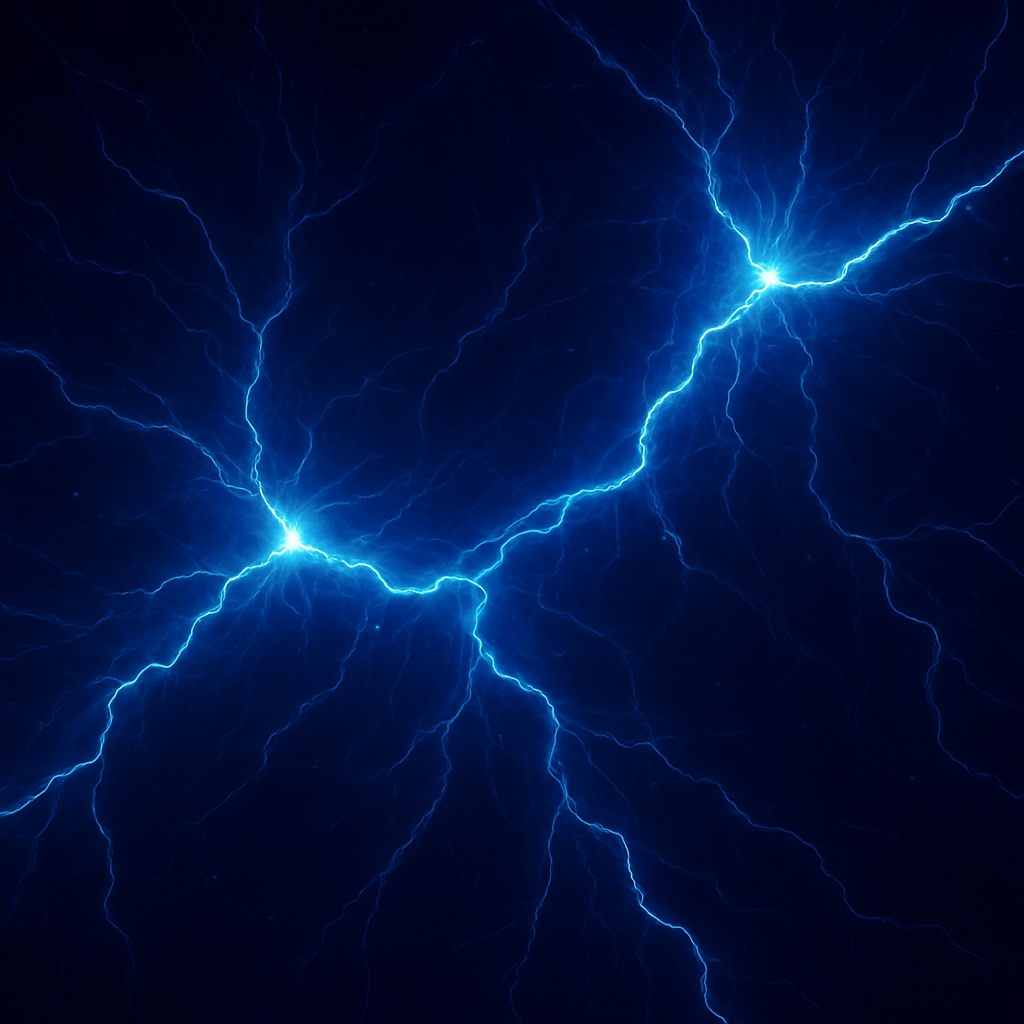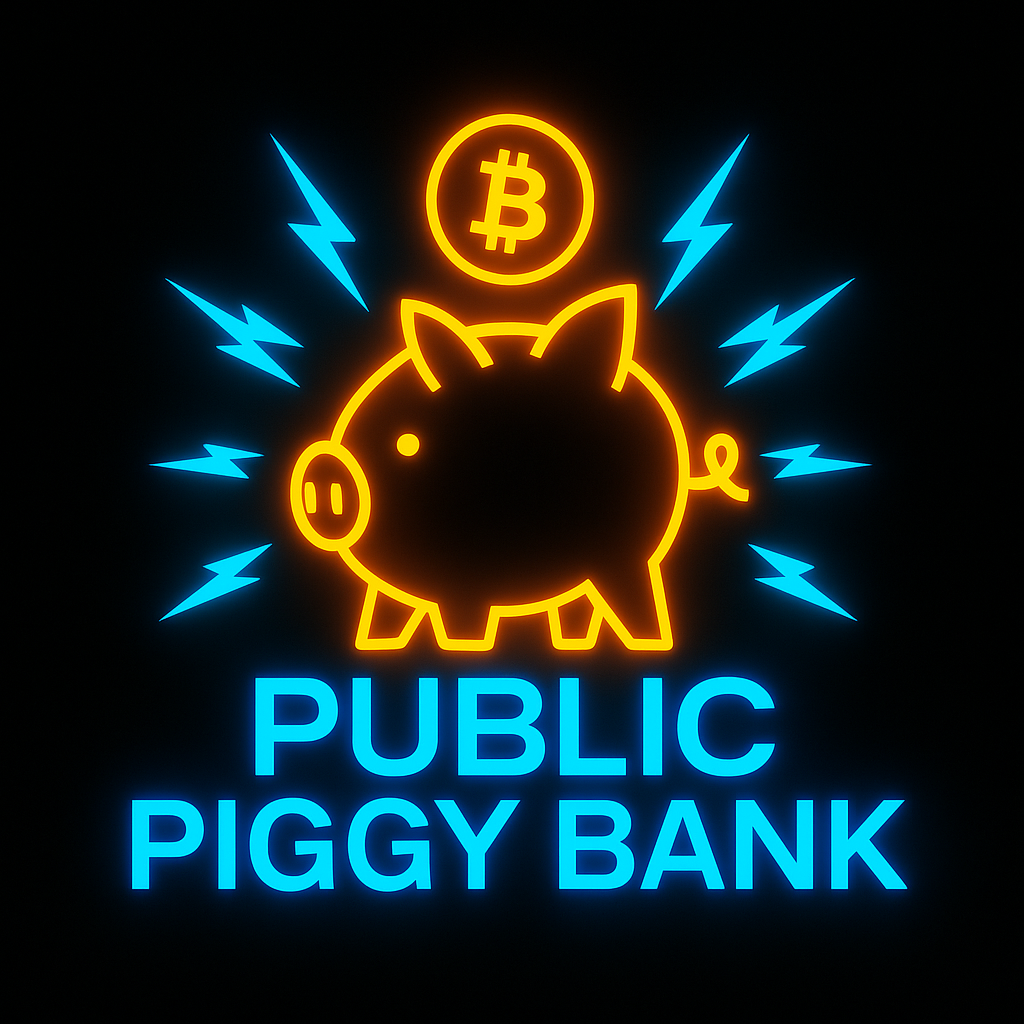
What Is a Bitcoin Node — And Why It Matters More Than You Know
In the world of Bitcoin, the term “node” may sound technical, even forgettable. But in reality, nodes are one of the most important — and least appreciated — parts of the entire system. Without them, Bitcoin wouldn’t be decentralized, secure, or even functional.
What Is a Node?
A node is a computer that connects to the Bitcoin network and runs the Bitcoin software (called Bitcoin Core). But it’s more than just a participant — it’s a validator, a protector, and a truth enforcer.
Each node: Stores a full copy of the Bitcoin blockchain (every transaction ever made) Verifies each new transaction and block independently Rejects anything that breaks the rules in short, nodes don’t trust — they verify. And that simple principle is what makes Bitcoin different from everything that came before it.
Why Nodes Are Critical to Bitcoin’s Integrity Most financial systems rely on central authorities: banks, governments, clearinghouses. If you want to know your money exists, you trust their record-keeping. If someone changes the database or makes a mistake, you’re stuck. Bitcoin changes that by distributing trust across a global network of nodes. Every node has a full copy of the truth. If someone tries to lie — like sending fake bitcoins, modifying history, or bending the rules — the nodes will simply reject it. They don’t ask permission. They don’t need consensus from a boss. They follow math and protocol. This means no single person, company, or government controls Bitcoin — the network only functions if the majority of nodes agree on what is valid. That’s true decentralization. And it’s only possible because of nodes.
Different Types of Nodes Let’s quickly break down the main types:
Full Node: Stores the entire blockchain, verifies all transactions and blocks independently, Enforces the consensus rules, Backbone of the Bitcoin network
Mining Node: A type of full node that also participates in the creation of new blocks, uses computational power to solve cryptographic puzzles (Proof-of-Work). Competes for Bitcoin rewards and helps secure the network
Light Node (SPV - Simplified Payment Verification)
Does not store the full blockchain. Relies on full nodes to verify transactions. Commonly used in mobile wallets for speed and simplicity, while light nodes are more convenient, they depend on full nodes to stay honest. That’s why running full nodes is so important.
Bitcoin Nodes vs. Bitcoin Miners — What's the Difference?
Many people confuse Bitcoin mining with Bitcoin nodes, but they’re not the same. Miners propose new blocks and try to earn rewards. Nodes check every block and decide whether to accept or reject it. Even if a miner wins the race to create a block, it means nothing unless nodes accept it. Nodes are the final judges of truth. This is why Bitcoin is governed by rules, not rulers.
How Nodes Keep Bitcoin Secure
Censorship-resistant: No central point can block transactions.
Tamper-proof: Fraudulent transactions or blocks are instantly rejected. Open and transparent: Anyone can audit the system by running a node. Hard to corrupt: With thousands of nodes worldwide, changing the rules requires broad agreement — and that’s very hard to achieve without consensus.
As of today, Bitcoin’s security is backed by both: An enormous network hash rate (935.40 EH/s as of 2025), which protects it from brute-force attacks, and a massive, global web of validating nodes that enforces the rules and rejects any corruption.
Why Running a Node Matters
You don’t need to mine Bitcoin to support the network — running a full node is one of the most powerful things you can do.
Running a node means: You verify your own transactions (you don’t need to trust anyone), You help decentralize the network, you become part of the infrastructure that keeps Bitcoin honest, anyone with a modest computer and an internet connection can run a node. You don’t earn Bitcoin for doing it — you earn sovereignty and truth.
Nodes Are Bitcoin’s Nervous System If Bitcoin were a living organism: The miners are its muscle. The blockchain is its memory. And the nodes are its nervous system — constantly monitoring, responding, and protecting the entire body.
Without nodes, Bitcoin would be just another database controlled by someone else. With them, it's the most secure, decentralized, and censorship-resistant financial network the world has ever seen.

